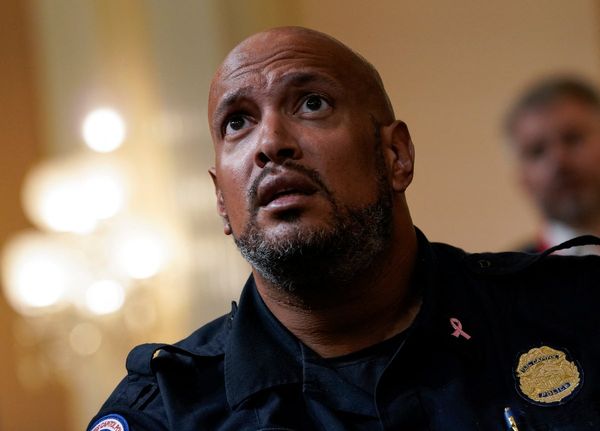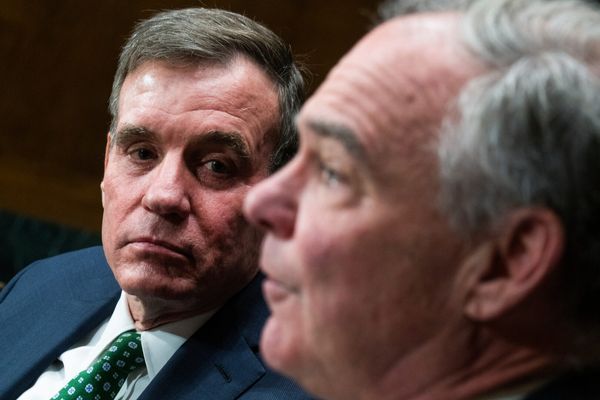Elon Musk is everywhere.
This omnipresence often gives the impression that we know him.
In recent weeks, no other personality has been as much the center of interest as the chief executive officer of electric vehicle manufacturer Tesla (TSLA).
Since the Russian invasion of Ukraine on Feb. 24, Musk has almost eclipsed Western diplomacy. Asked by the Ukrainian authorities, he undertook to send Starlink satellite internet connection terminals, manufactured by his aerospace company SpaceX, to Ukraine to prevent Russia from winning the communication war.
He then proposed to face Russian President Vladimir Putin in a fratricidal duel to end the armed conflict.
An Unhappy and Lonely Childhood
A few weeks later, Musk opened the Tesla factories near Berlin in Germany and Austin, Texas. At this latest event billed as the biggest party ever on earth, he reiterated his promise to make all Tesla vehicles autonomous by the end of 2022.
Such news would have been enough for more than one person, but we have to believe that this is not the case with Musk. The serial entrepreneur immediately announced that he had acquired 9.1% of the microblogging website Twitter (TWTR), which is the communication channel through which he built the Musk brand. There he has more than 82 million followers, almost the equivalent of the population of Germany.
But in a sleight of hand as he alone has the secret, the billionaire made a $43 billion bid to take control of Twitter. Since then, a fierce battle opposes Musk to the board of directors, which does not seem ready to facilitate the task.
Musk is therefore everywhere. However, the man remains a mystery. The businessman tried to clear up some of that mystery in a recent Ted Talk interview.
He said that he had an unhappy and lonely childhood and that he spent a lot of time in his books rather than playing with children his age.
"I did not have a happy childhood to be frank," Musk told Chris Anderson of Ted Talk. "It was quite rough."
"But I read a lot of books. I read lots and lots of books. Gradually I understood more from the books that I was reading and watched a lot of movies. It took me a while to understand things that most people intuitively understand."
The 50-year-old billionaire says he did not master social codes. He didn't understand social cues, for example. This was due, Musk explained, to the fact that he had Asperger's Syndrome.
Musk Found Solace in Books and Computer Programming
"Everyone's experience is going to be somewhat different, but I guess for me, the social cues were not intuitive. I was just very bookish and I didn't understand these," Musk, the father of seven children, including six boys, also recounted.
"I guess others could intuitively understand what is meant by something. I would just tend to take things very literally, just the words as spoken were exactly what they meant. But then, that turned out to be wrong, because they're not simply saying exactly what they mean. There's all sorts of other things that are meant. It took me a while to figure that out."
Asperger Syndrome is a form of autism without intellectual disability or language delay. Those who have it usually have difficulty in relationships and interactions with others, according to scientists. They have trouble recognizing and understanding other people's emotions, whether through their facial expressions, tone of voice, jokes, irony, certain gestures. Unlike a majority of people who understand this naturally, Aspergers have to learn it. It is thus difficult for them to create friendly or romantic ties.
Failing to understand the outside world, he turned to the inner world. He found this world, especially in computing.
"I found it rewarding to spend all night programming computers, just by myself. I think most people don't enjoy typing strange symbols into a computer by themselves all night," the tech tycoon recalled. "They think that's not fun, but I thought it was. I really liked it. I would just program all night by myself and I found that be quite enjoyable. But I think that is not normal."
Elon Musk was born on June 28, 1971 in Pretoria, South Africa, to a South African father and a Canadian mother. He showed early on a talent for IT and entrepreneurship. At 12, he created a video game and sold it to a computer magazine. In 1988, after obtaining a Canadian passport, he left South Africa to avoid supporting apartheid through compulsory military service and also to try to seize economic opportunities in the United States.
Elon Musk's Quest for Truth
He attended Queen's University in Kingston, Ontario, and in 1992 transferred to the University of Pennsylvania, where he earned a bachelor's degree in physics and economics in 1995. At 24, he entered a Stanford Ph.D. program in physics, but left after just two days because he believed the internet had much more potential to change society than work in physics.
"I was just absolutely obsessed with truth, just obsessed with truth," Musk said. "The obsession with truth is why I studied physics, because physics attempts to understand the truth of the universe. Physics, it's just what are the provable truths of the universe and truths that have predictive power."
He added:
"For me, physics was a very natural thing to study," the mogul added. "It was intrinsically interesting to understand the nature of the universe, and then computer science or information theory also to just understand logic. There's an argument that information theory is actually operating at a more fundamental level than even physics. Physics and information, really interesting to me."
This quest for the truth, which appeared quite early, plunged him into depression.
"When I was young teen, I got quite depressed about the meaning of life. I was trying to understand the meaning of life, reading religious texts and reading books on philosophy. I got into the German philosophers, which is definitely not wise if you're a young teenager, I have to say, a bit dark, much better read as an adult," recalled a visibly moved Musk.
He notably read "The Hitchhiker's Guide to the Galaxy," a comedy science fiction franchise created by Douglas Adams, which tells the story of a man who flees into space with his alien friend so as not to die on earth.
It's "actually a book on philosophy, just disguised as a silly humor book," Musk said.
Elon Musk Serial Entrepreneur
"I have a proposal for a worldview or a motivating philosophy, which is to understand what questions to ask about the answer that is the universe and to agree that we expand the scope and scale of consciousness, biological and digital," the billionaire continued.
"We will be better able to ask these questions, to frame these questions and to understand why we're here, how we got here, what the heck is going on. That is my driving philosophy, is to expand the scope and scale of consciousness, that we may better understand the nature of the universe."
Before SpaceX in 2002 and Tesla in 2003, Musk founded Zip2 in 1995, a company that provided maps and business directories to online newspapers. In 1999, Zip2 was acquired by computer maker Compaq for $307 million. The billionaire then co-founded an online financial services company, X.com, which later became PayPal after a merger with software company Confinity Inc. in 2000.
Musk, who has lived in Austin since late 2021, is worth $251 billion as of April 16, according to Bloomberg Billionaires Index.







